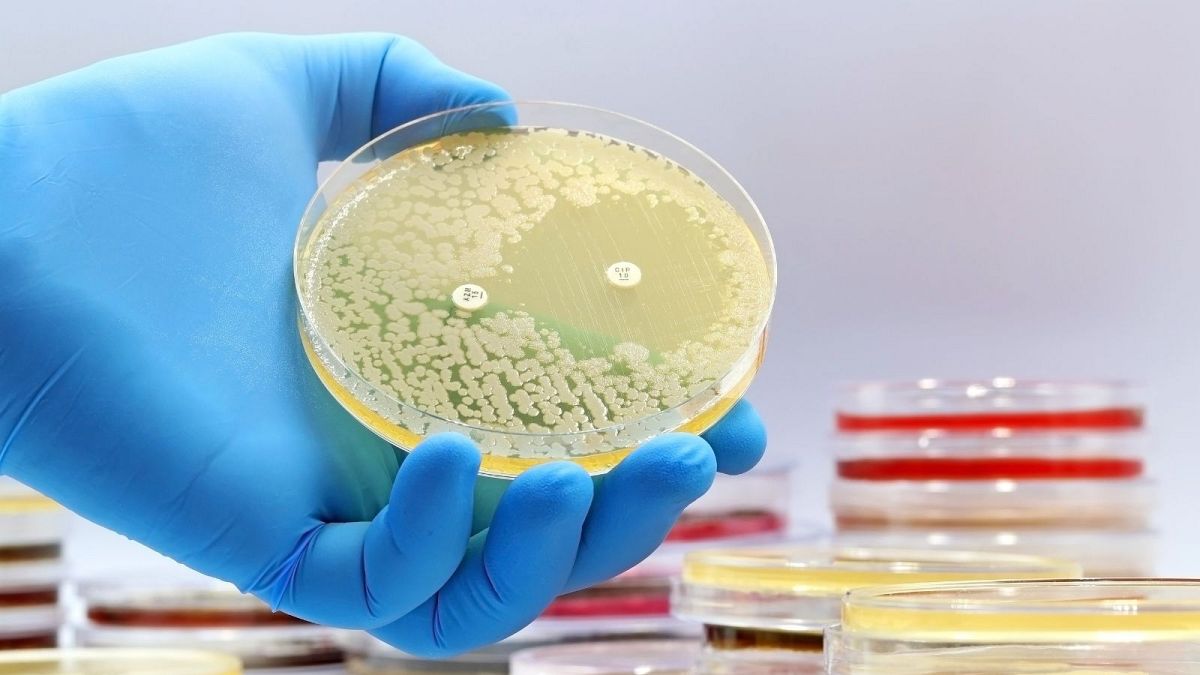Scientists have made a remarkable breakthrough by discovering the first new antibiotics in over 60 years using Artificial Intelligence. This discovery could potentially revolutionize the treatment of antibiotic-resistant infections that are becoming increasingly difficult to treat.\n\nThe scientists used AI to search through millions of compounds to find one that had the potential to be an effective antibiotic. They were able to identify a compound called 'halicin' which showed promise in inhibiting the growth of drug-resistant bacteria.\n\nThis finding is significant because there has been a lack of new antibiotics developed since the 1970s. The current arsenal of antibiotics has become less effective as bacteria have become resistant to them. This has led to a situation known as antibiotic resistance, where bacteria become immune to existing antibiotics, creating dangerous and sometimes life-threatening infections.\n\nAs a result of this discovery, researchers are optimistic that further advances in AI can lead to the development of new antibiotics that can be used against these drug-resistant infections.\n\nTo test the effectiveness of halicin, the scientists infected mice with a multi-drug resistant strain of E. coli. When treated with halicin, the bacteria were completely inhibited, whereas the untreated mice died.\n\nThe scientists are now working on optimising halicin and other compounds to make them even more effective in targeting drug-resistant bacteria.\n\nThis new breakthrough is an encouraging sign that AI can be used to discover new antibiotics and combat the growing problem of antibiotic resistance. It could potentially save countless lives, and enable doctors to better treat patients with life-threatening infections.
Read more here: External Link
